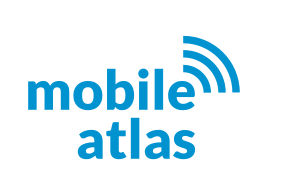Get Involved
Deploying an international measurement platform is only possible with the help and suppport of other people. We're looking for early adopters, who share interest in the topic and like to contribute to the success of MobileAtlas.
Right now, we need people that host measurement probes.




